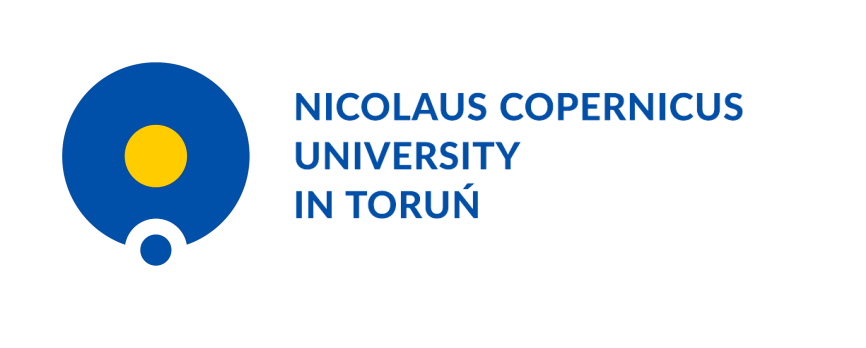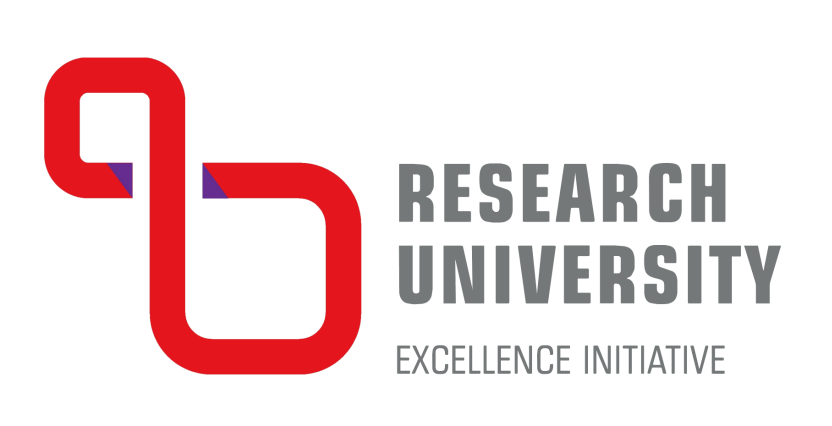ForensOMICs group
Archeogenomics, microbiomics, and forensic genomics (ForensOMICs)
Leader – Professor Tomasz Grzybowski
The group was established in life sciences field, but it is definitely multidisciplinary – it brings together archeologists, forensic and population geneticists and bioinformaticians. In principle, the team focuses on a wide range of applications of genomics, the science of genomes that utilizes various technologies of large-scale DNA sequencing (MPS, massively parallel sequencing). ForensOMICs research will be conducted in three main areas:
- reconstruction of biogeographical ancestry and kinship analysis of human skeletal remains collected from various archaeological sites on the basis of genome analysis,
- time of death (in forensic medicine) and biogeographical ancestry inference based on microbiome analysis
- biogeographical ancestry and human visible traits inference for forensic purposes using a variety of genetic markers.
The core of the ForensOMICs team are experienced archaeologists – Prof. Anna Drążkowska, Prof. Dariusz Poliński (Institute of Archaeology, NCU) and forensic, evolutionary and population geneticists – Prof. Tomasz Grzybowski (group leader) and Prof. Katarzyna Skonieczna (Department of Forensic Medicine, Faculty of Medicine CM NCU). Younger scientists within the team are: Sonia Tomczak MSc (Doctoral School Academia Artium Humaniorum) and geneticists and medical doctors from the Faculty of Medicine CM NCU – Urszula Rogalla-Ładniak PhD, Anna Radziszewska PhD, Anna Duleba PhD and Mariusz Gawrych MD. The bioinformatic aspects of the research will be coordinated by Prof. Jarosław Meller from the Department of Applied Informatics of the Nicolaus Copernicus University, an internationally recognized researcher in the field of structural bioinformatics, functional genomics and computational biology.
Regardless of the various applications of genomic techniques, the team also focuses on providing and developing new research services – its members from the Department of Forensic Medicine NCU won twice in a row an open tender for conducting genetic identification analyses for the Institute of National Remembrance – Commission for the Prosecution of Crimes against Polish Nation (INR).
Professor Tomasz Grzybowski – head of the Department of Forensic Medicine at the Faculty of Medicine, Collegium Medicum in Bydgoszcz, Nicolaus Copernicus University in Toruń. His scientific interests encompass archaeogenetics, i.e. the application of population genetics and molecular phylogeography in reconstructing histories of populations. Over the past two decades, he has conducted research on many European and Asian populations using various genetic markers. His research based on haploid markers (mitochondrial DNA and Y chromosome) allowed for better understanding of emergence and spread of Slavic-speaking populations in Europe. In the second half of 1990s, he was the first in Poland to use mtDNA sequence analysis in forensic genetics; he also pioneered usage of full mitochondrial genome analysis for forensic and population genetic purposes. Owing to close cooperation with the Institute of Forensic Medicine of the Medical University of Innsbruck (Austria), since its foundation over 20 years ago, he contributed to EMPOP – a population mtDNA haplotype database used by the international community of forensic geneticists. In 2000-2004 he conducted genetic identification of skeletal remains from mass graves in the former Yugoslavia, commissioned by the International Commission of Missing Persons (ICMP). In the years 2018-2022 he was the leader of a consortium of medical universities performing genetic identification of victims of communist totalitarianism for the Institute of National Remembrance (INR). He is the Editor-in-Chief (elected) of the Archives of Forensic Medicine and Criminology (70 points MHES), the only scientific journal in Poland intended for publishing forensic medicine research.


 ul. Gagarina 7, 87-100 Toruń
ul. Gagarina 7, 87-100 Toruń